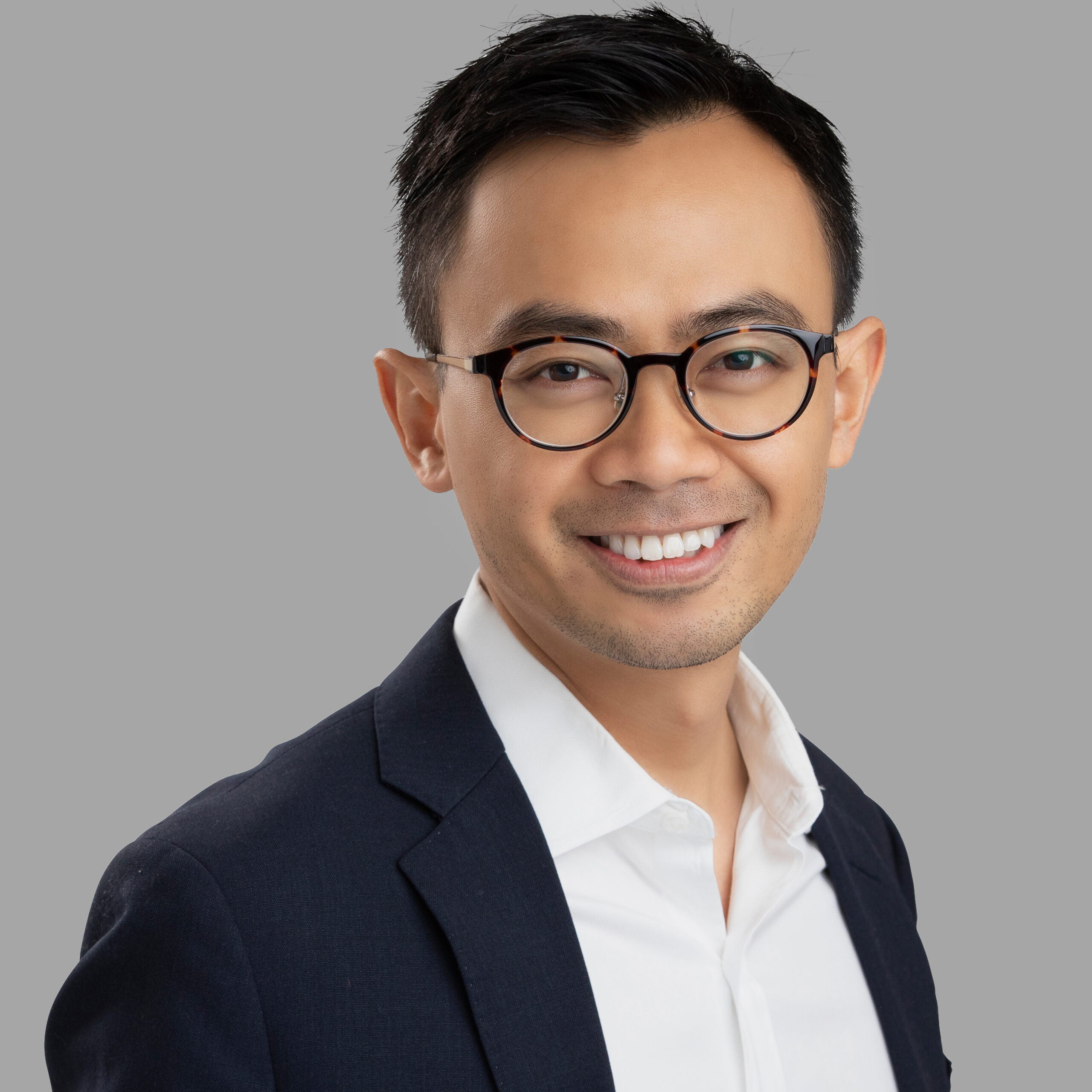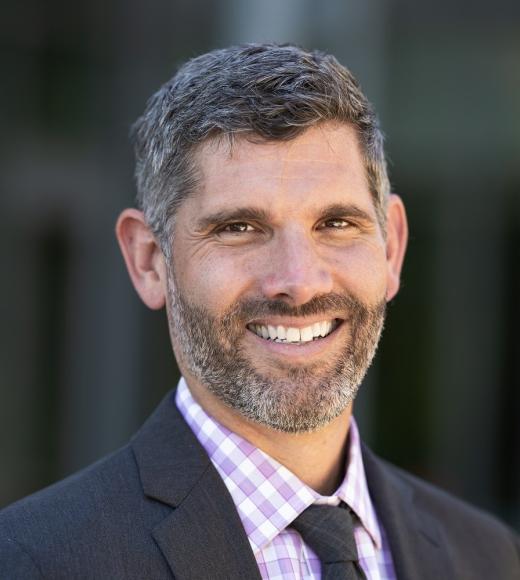Community Coffee Hour
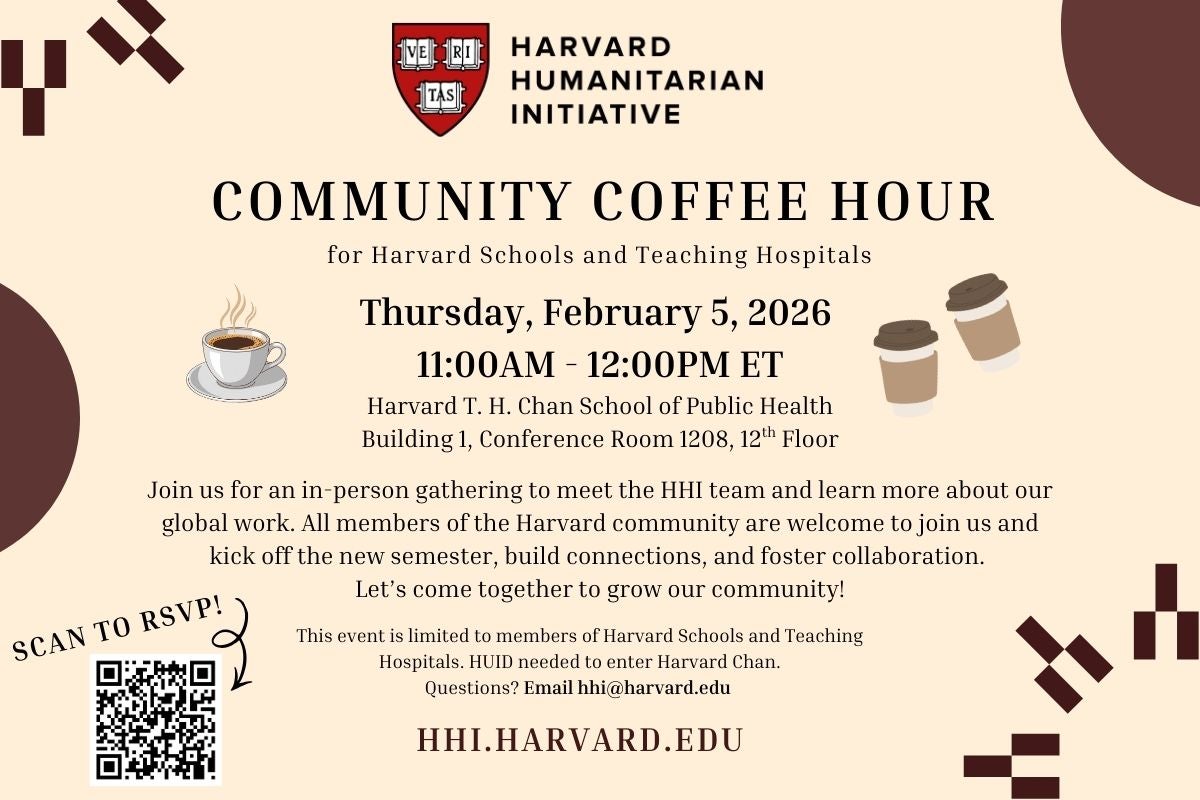
Join the Harvard Humanitarian Initiative (HHI) on Thursday, February 5th for a Community Coffee Hour! Join us for an in-person gathering to meet the HHI team and learn more about their global work. All members of the Harvard community are welcome to join to kick off the new semester, build connections, and foster collaboration. This event will be held in-person only, at HSPH Building 1, Room 1208 (12th Floor) from 11a.m. -12 p.m. ET.
Please RSVP in advance here, and feel free to reach out to hhi@harvard.edu with any questions.
Organizers
Trial Augmentation Using External Data and Models: Toward Harmony Between Observational Studies and Trials
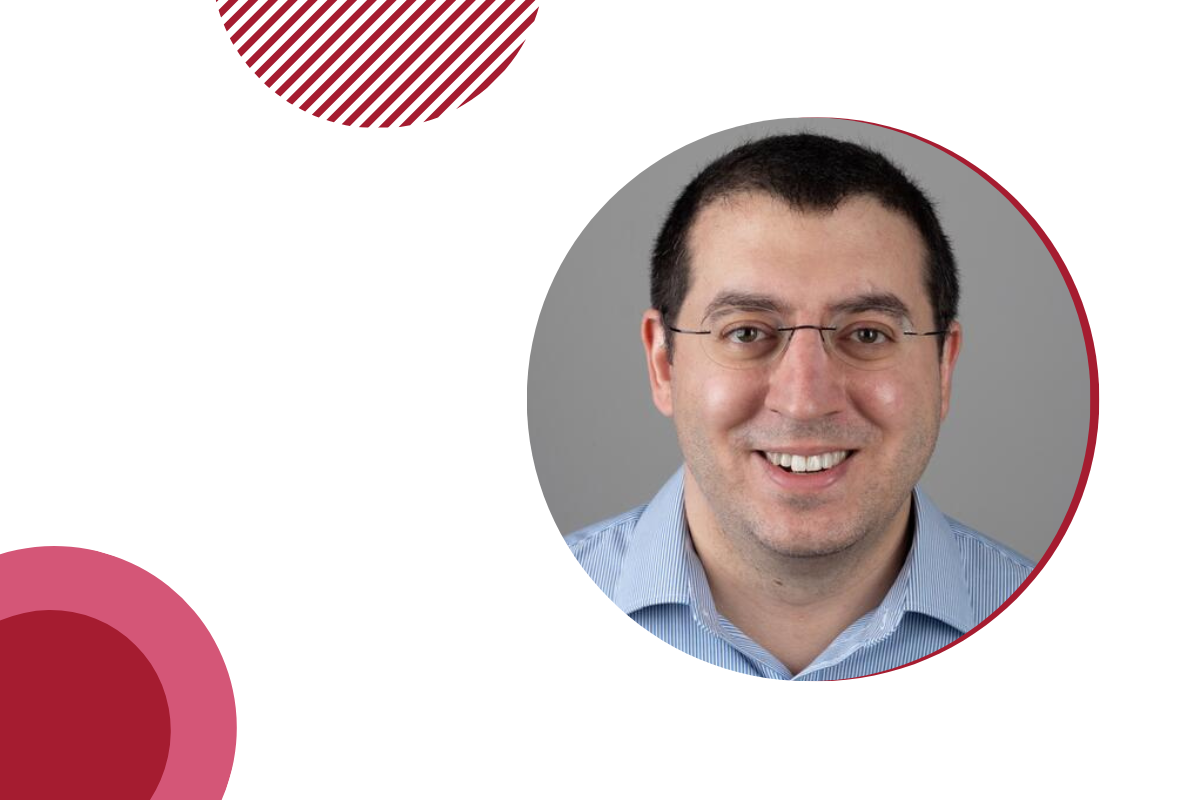
Join us on Wednesday, February 4th for the Department of Epidemiology seminar series featuring Dr. Issa Dahabreh discussing Trial Augmentation Using External Data and Models: Toward Harmony Between Observational Studies and Trials
Abstract: We introduce trial augmentation, a new approach to analyzing randomized trials that leverages external data — either historical experimental data or observational data — to improve trial efficiency without sacrificing the unbiasedness guarantee provided by randomization. We characterize a broad class of randomization-aware estimators that integrate external data through data-adaptive models (e.g., machine learning or generative models), yielding higher efficiency and statistical power than estimators based on trial data alone. Crucially, members of this class exploit randomization to remain unbiased even when the external data are misaligned with the trial population or affected by unmeasured confounding. We show that several widely used estimators, including the efficient trial-only estimator, are special cases within this framework. We further demonstrate how combining two or more randomization-aware estimators yields procedures with two key properties: (1) robustness to misalignment and unmeasured confounding in the external data, and (2) efficiency that is at least as high as, and typically higher than, that of the component estimators. We situate these results within a broader research program aimed at a more harmonious integration of observational analyses and randomized trials.
Bio: Issa Dahabreh, MD ScD is Associate Professor of Epidemiology and Biostatistics at the Harvard T.H. Chan School of Public Health and Section Head for Epidemiology and Data Science at the Smith Center for Outcomes Research at Beth Israel Deaconess Medical Center. His research focuses on the design and analysis of randomized trials and observational studies, with an emphasis on causal inference and evidence synthesis. He also develops statistical methods that integrate diverse data sources to improve decision-making in clinical and public health settings.
Speaker Information
Issa Dahabreh, MD, ScD
Organizers
Related Events
Monday Nutrition Seminar | Understanding Food Loss and Waste: Opportunities and challenges across the food supply chain
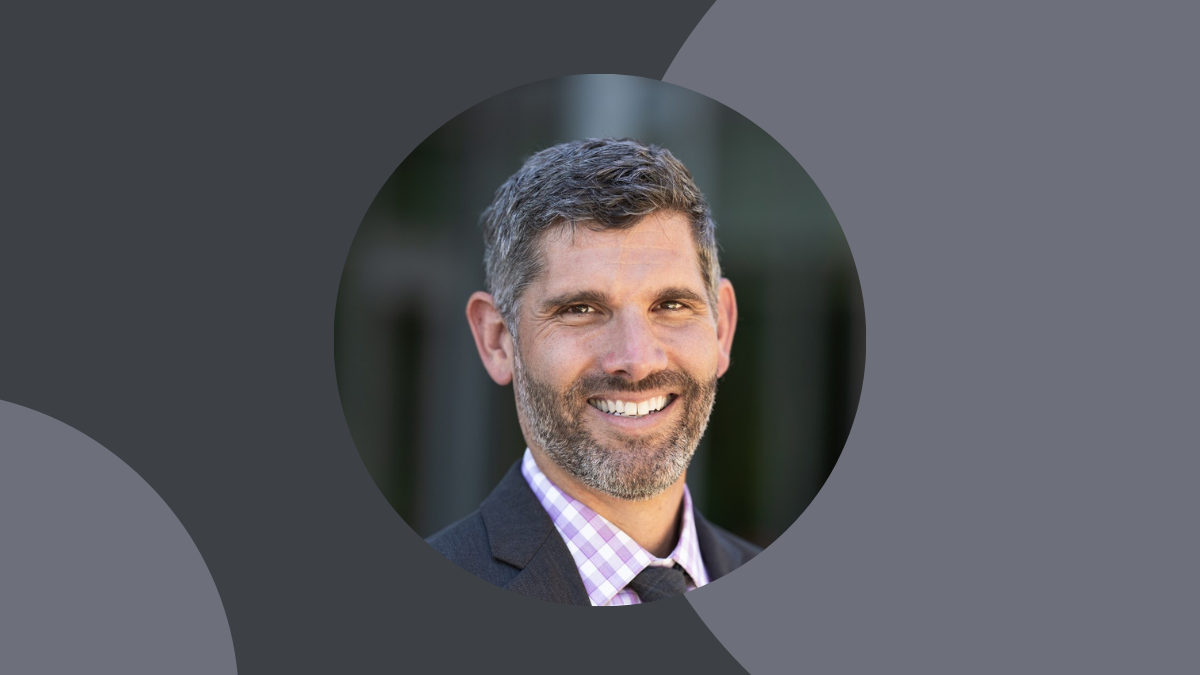
Please join the Department of Nutrition for the Monday Nutrition Seminar featuring Edward Spang, PhD, Associate Professor of Food Science and Technology at the University of California, Davis. Dr. Spang’s talk—”Understanding Food Loss and Waste: Opportunities and challenges across the food supply chain”—will take place on January 26 at 1:00pm ET on Zoom (registration is required).
Healthy snacks will be provided, thanks to the generous support of the Office of the Associate Provost for Student Affairs’ Wellbeing Fund.
The Monday Nutrition Seminar Series is free and open to the public. If you plan to attend this event and do not have an active HUID, please fill out the registration form by 3:00pm ET on 1/23/26.
Seminar speakers share their perspectives, they do not speak for Harvard.
Speaker Information
Organizers
Using Values-Based Storytelling to Shift the Public Health Conversation: A Hands-on Workshop
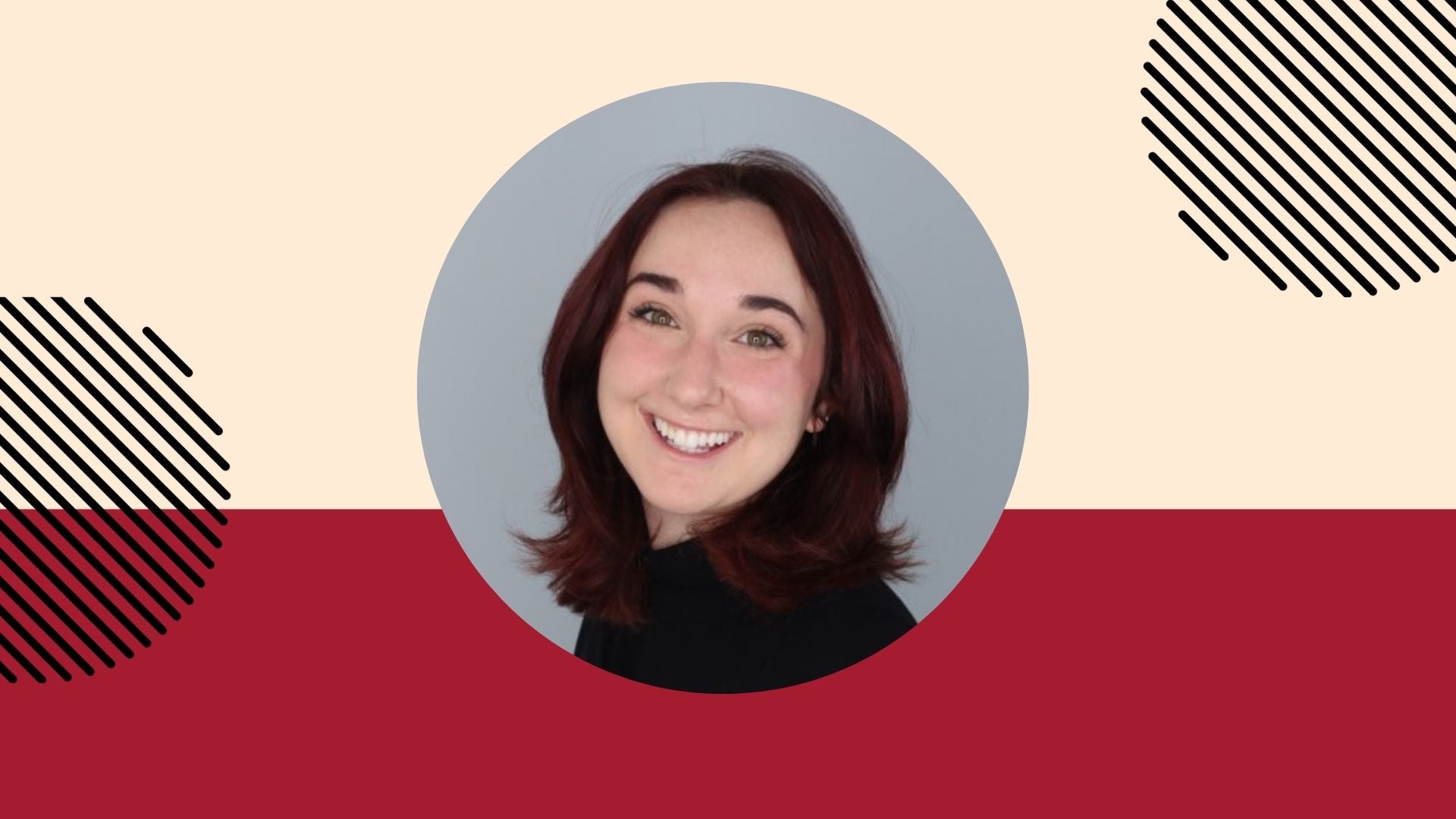
Storytelling is one of the most powerful tools in health communication—capable of shifting beliefs, building trust, and inspiring action. In this session, led by SBS alum Elissa Scherer (MPH-HSB ’24), we’ll explore why stories stick when facts alone fall flat, and how to harness narrative as a strategy for building community trust and public health impact. Participants will learn how to tell stories about the values that call them to their work and how to craft a narrative-based call-to-action.
This immersive, hands-on workshop is in person only—reserve your spot to join us in the room and leave ready to inspire real-world action.
This seminar is co-sponsored by the Department of Social and Behavioral Sciences and the Center for Health Communication.
Speaker Information
Elissa Scherer
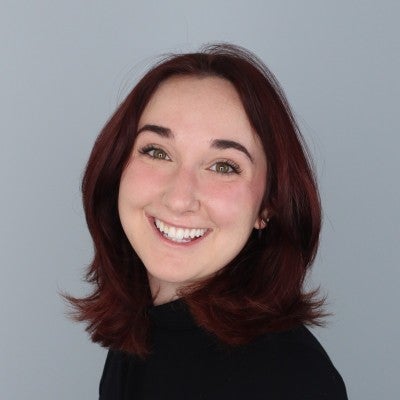
Organizers
When and How Best to Use Online Panels for Epidemiologic Research
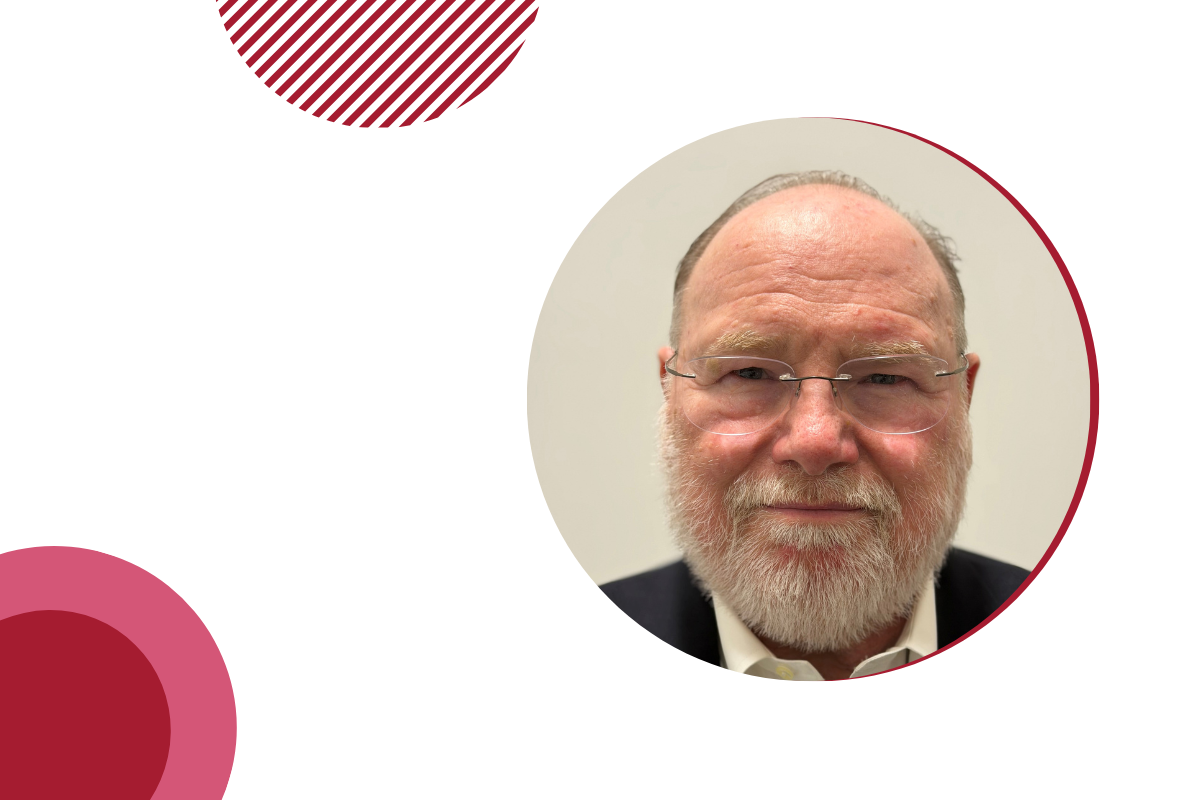
Join us on Wednesday, March 4th for the Department of Epidemiology seminar series featuring Dr. Ronald Kessler discussing When and How Best to Use Online Panels for Epidemiologic Research.
Abstract: Recent years have seen a sea change in population survey methods, with online panels increasingly replacing traditional in-person and telephone surveys. A small number of vendors now offer “probability-based” online panels, in which households are recruited using probability sampling methods. The Census Bureau’s new Household Trends and Outlook Pulse Survey (HTOPS) is based on such a panel. However, most online panel providers rely on nonprobability, or “opt-in,” samples. Online panels can substantially reduce costs and shorten the time from data collection to results, addressing mounting challenges faced by traditional survey modes. At the same time, they raise important concerns about selection bias and generalizability. This is true even in probability-based panels, which typically have effective response rates in the range 2-5% (i.e., they fail to represent 95-98% of the population). Given that online panels are now a permanent feature of the research landscape, an important question is whether there is a viable middle ground between traditional probability samples and purely opt-in designs. This presentation reviews the approaches that have been proposed to find such a middle ground and describes a hybrid design now being implemented in the new round of the World Mental Health Surveys.
Bio: Ronald Kessler, Ph.D. is the McNeil Family Professor of Health Care Policy at Harvard Medical School. He is a psychiatric epidemiologist whose work involves implementing mental health needs assessment surveys, preventive interventions, and clinical interventions for mental disorders and suicide-related behaviors. His intervention work focuses largely on developing precision intervention rules to get the right interventions to the right patients. He is the Director of the World Mental Health Surveys, a cross-national series of community epidemiological surveys on prevalence and correlates of common mental disorders in 30 countries (https://www.hcp.med.harvard.edu/wmh/). He is also the Harvard Site PI of the Study of Risk and Resilience in Servicemembers (STARRS), a coordinated series of epidemiological and neurobiological studies of social determinants of suicide-related behaviors among US Army soldiers and veterans (https://www.starrs-ls.org/), and of a series of pragmatic trials based on STARRS designed to reduce soldier suicide-related behaviors. Dr. Kessler is the author of over 1000 publications and has for many years been rated the most widely cited researcher in the field of psychiatry according to the Science-wide Author Databases of Standardized Citation Indicators. He is a member of the US National Academy of Sciences, the US National Academy of Medicine, and the American Academy of Arts and Sciences. He earned his Ph.D. in Sociology from New York University, completed a postdoctoral fellowship in psychiatric epidemiology at the University of Wisconsin, and was on the faculty at the University of Michigan before taking his current position at Harvard Medical School in 1995.
Speaker Information
Ronald Kessler, PhD
Organizers
Related Events
Better Research IV: Share and Publish Data with Open Science Framework
What: An in-depth look at advanced features of Open Science Framework and how to integrate them into your research process for sharing and publishing research data. This session is a follow up to “Research Management: Data Organization and Sharing in Open Science Framework.”
Why: Using reputable and compliant tools for research management and data sharing supports reproducible practices, collaboration, and transparent research. Open Science Framework is a NIH-recognized generalist repository, is supported by Harvard Library, and is a popular choice for sharing research products throughout the research data lifecycle.
How: This is a free 1.5-hour online workshop, consisting of lecture, hands-on activity, and discussion. This class will focus on using the free platform Open Science Framework to collaborate, manage, and share your documents, datasets, and research projects. The webinar recording will be shared with all who register.
Where: Online via Zoom (link provided upon registration).
Who: This seminar is open to faculty, research staff, postdoctoral researchers, and students from all disciplines. If you were unable to attend the previous workshop in December, where we provided an introduction to OSF, you are welcome and encouraged to attend this webinar anyway.
Join your peers to meet new people and learn new skills in a welcoming and encouraging environment!
Speaker Information
Julie Goldman, BS, MLIS
Organizers
EcoOpportunity Green Team Meeting
Sustainable Farming and Local Food to Promote Resilience and Community Health
Presented by Jennifer Hashley, Director, New Entry Sustainable Farming Project at Tufts University Friedman School of Nutrition
Also available by Zoom. For more information, email susan_bottino@harvard.edu
Organizers
Harvard Pop Center Social Demography Seminar: “Can a voice channel improve retention and worker well-being? Evidence from a cluster-randomized trial in U.S. fulfillment centers”

Erin Kelly, PhD, Sloan Distinguished Professor of Work and Organization Studies, MIT Sloan School of Management, presents “Can a voice channel improve retention and worker well-being? Evidence from a cluster-randomized trial in U.S. fulfillment centers.”
The Social Demography Seminar (SDS) series at the Harvard Center for Population and Development Studies provides a lively forum for scholars from across the university to discuss in-progress social scientific and population research. Social demography includes work that uses demographic methods to describe and explain the distribution of social goods across populations. The hybrid series offers presentations on a wide variety of topics such as family, gender, race/ethnicity, population health—including mortality, morbidity, and functional health—inequality, immigration, fertility, and the institutional arrangements that shape and respond to population processes.
Speaker Information
Organizers
The Samuel L. and Elizabeth Jodidi Lecture with Atul Gawande
The Mechanics of Public Man-Made Death: USAID’s Destruction At One Year
The Trump Administration’s abrupt dismantling of the US Agency for International Development (USAID) has triggered a wave of already hundreds of thousands of deaths, mostly of children, around the world. Atul Gawande—former leader of global health at the agency—draws on data, historical parallels, and on-the-ground fact-finding to reveal how gains against malnutrition, infectious disease, and child mortality are being rapidly reversed. Gawande argues that this is a case of “public man-made death,” and calls for accountability and renewed commitment to lifesaving global health efforts.
This event is open to the public and will be recorded. Please plan on being seated by 4:15 p.m. as the event will start promptly at 4:30 p.m. Please register in advance to attend.
Speaker Biography
Atul Gawande, MD, MPH, is a renowned surgeon, author, and public health innovator. He holds the John and Cyndy Fish Chair in Surgery at Brigham and Women’s Hospital and is the Samuel O. Thier Professor of the Practice of Surgery at Harvard Medical School. He was Assistant Administrator for Global Health at USAID from January 2022 to January 2025. Prior to that, he cofounded and chaired Ariadne Labs, a joint center for health systems innovation where he is now Distinguished Professor in Residence, and Lifebox, a nonprofit organization making surgery safer globally. From 2018–2020, he was CEO of Haven, the Amazon, Berkshire Hathaway, and JPMorgan Chase healthcare venture.
Dr. Gawande is also a longtime writer for The New Yorker magazine and has written four New York Times bestselling books: Complications, Better, The Checklist Manifesto, and Being Mortal. He is a member of the National Academy of Medicine and has won two National Magazine Awards, AcademyHealth’s Impact Award for highest research impact on healthcare, and a MacArthur Fellowship. And he is executive producer for three documentary films: the Emmy-nominated adaptation Being Mortal (2016), the Oscar-nominated film To Kill A Tiger (2024), and The New Yorker film Rovina’s Choice (2025).
For more event information contact Sarah Banse: sarahbanse@wcfia.harvard.edu
Speaker Information
Chair
Erez Manela
Organizers
Brown Bag Seminar: Beyond the buzzwords: Why implementing people-centered care is essential to achieving universal health coverage

David Duong, MD, MPH, is the director of the Program in Global Primary Health Care at Harvard Medical School and in the Division of Global Health Equity at the Brigham and Women’s Hospital. His research and teaching covers primary healthcare systems strengthening, education program development, and policy and advocacy across Southeast Asia and in the United States. He is also co-lead of the Lancet Global Health Commission on People-Centered Care for Universal Health Coverage. Duong is a primary care physician, a member of the World Health Organization’s Technical Advisory Group on Integrated Clinical Care, and previously served on the World Economic Forum’s Global Future Council on Health and Healthcare. He is also a former US Fulbright Scholar. Duong earned both his bachelor’s degree and master’s in public health degree from the University of Michigan and earned his medical doctor degree from Harvard Medical School. He completed his internal medicine residency at the Brigham and Women’s Hospital.
Speaker Information
David Duong
